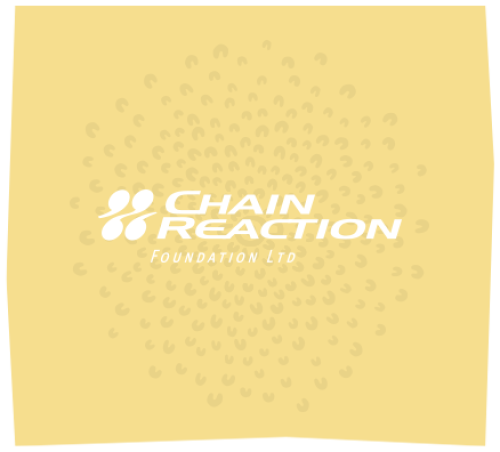
Here in Australia, we can boast a remarkable natural resource: our young people. Statistics from 2016 show that there are over 1.5 million males and around 1.45 million females in the 15-to-24-year-old bracket in Australia, representing

Australia, perhaps more so than any other, is a country built upon human movement. Much has been made of the arrival of the First Fleet at Sydney Cove in January of 1788, and of the multitudes of European and Asian migrants who followed in these pioneering footsteps, but the impact of movement and migration stretches back way beyond this.

Great leaders - in all walks of life - harness this power and wield it as they affect positive changes within their respective organisations or structures. In a business environment, leaders use this to shape the behaviours of their team, to support team development, and to secure the fulfilment of business objectives, building the right sort of culture within the organisation.

A spiritual understanding of the self is equally as important as a physical, social, or emotional understanding, but it is perhaps the aspect of our self-knowledge which is most often misrepresented. Over the centuries and millennia...

As we get older, this should become clearer, but for teenagers, the disconnect between reality and perception can be enormous. Too many adults put this down to teenage apathy and narcissism, but this is doing our young people an enormous disservice. A Mission Australia survey in 2015 found that

For as long as there has been culture and belief, there have been stories of the mystical Fountain of Youth; a source of water which will preserve the youth of those who drink from it forever more.

A Purple Heart is a military accolade delivered by the United States Armed Forces to soldiers who have been injured in combat. In essence, it is a recognition of their bravery, and a token of gratitude for their sacrifice.

We tend to take our homes for granted. By homes, I don't so much mean our houses and apartments as our physical communities, the natural environment which surrounds the places in which we live.
This is understandable - after all, we see the same landscape everyday, and this is bound to lose its novelty - but we should push against that. Instead, we are challenged to engage with this familiar environment, to love and understand it, and to consider how by so caring we can make a difference, for ourselves, for our families, and for those around us.

Few landmasses can boast a timeline which is more entwined with the history and culture of the people who live there than that of Australia. A DNA study conducted in 2016 provided the best evidence yet that indigenous Australians are in fact the oldest continuous civilisation on the planet.

We can think of life like a river. This body of water flows down from the source, following a path carved millennia before it, but also forging new channels of its own. When the river hits a rocky area, or the water is disturbed in some way, the ripples on the surface may last a short time or a long time depending on the gravity of the disturbance.

Attitude is perhaps the strongest motivator known to man. With the right attitude, we can do anything - within reason - and may discover physical and mental attributes we never even knew we possessed.
Austrian psychologist Viktor Frankl both pioneered this theory and demonstrated its practical veracity. Frankl - who said "in between stimulus and response, there is a space, [and] in that space lies our power to choose our response"

Direction; it's a fairly intangible, amorphous word which carries many different meanings. But it is an important word all the same, particularly for the youth of Australia.
It is this youth who must constantly field questions. Questions such as; "what do you want to be?",

There is no magic age at which we graduate from children into adults, no hard and fast cut-off point when our youth ends and the rest of our life begins. Adulthood may be legally defined as eighteen and over in Australia, but this is more out of necessity than anything biologically reliable. At Chain Reaction we provide support for the youth of Australia, but we also understand that...

When we are young, the prospect of raising a family is one of those things that we entrust to nature. The event feels so distant – so safe and tucked away somewhere in the far-flung future – that we don’t worry about it too much. We simply assume that, when the time comes, we will know what to do.

One of the first things that each child must learn on their pathway to adulthood is that we are not alone. We are connected, we are parts of a whole – not homogeneous and generic but unique, valuable pieces in a far larger social organism.
